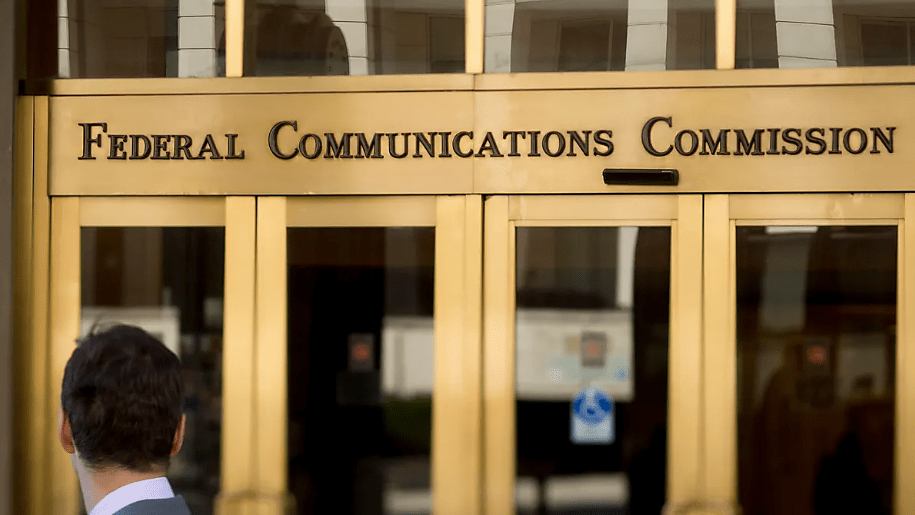In the telecom business, too, small is beautiful
A few thoughts on industry consolidation and censorship
Keep reading with a 7-day free trial
Subscribe to David S. D'Amato to keep reading this post and get 7 days of free access to the full post archives.


